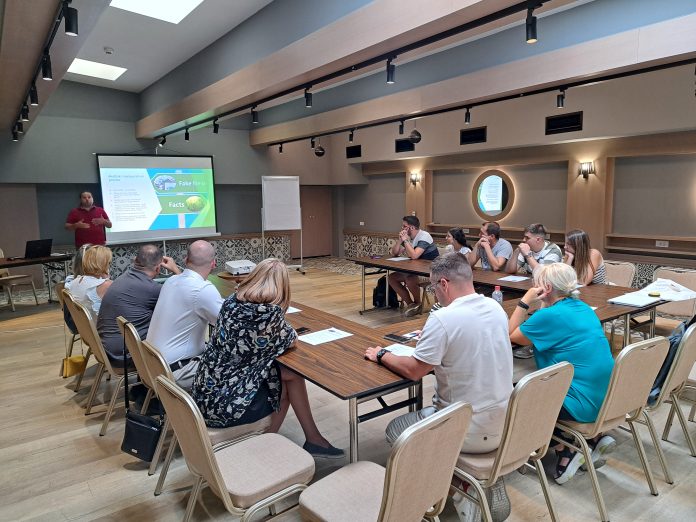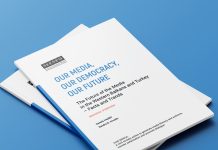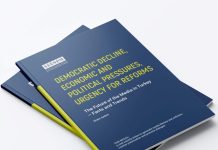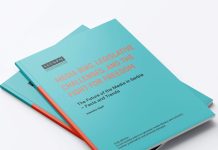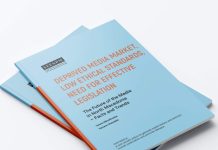Through education, media content, and public debate, the association Nova Mreža from Niš has empowered citizens to better understand and take action in the area of the interconnection between gender and environmental challenges.
The initiative “Gender Equality and Climate Change,” led by Nova Mreža together with the environmental group Zeleni Ključ, brought together education, media stories, and a public debate. It opened space for discussing why climate change doesn’t affect everyone equally and why women’s active role in shaping solutions is essential. During the educational program, students, journalists, and activists from both urban and rural areas received training in gender equality, ecology, and media literacy.
In its second phase, six podcast episodes were released, exploring issues like climate change, women’s role in protecting the environment, and how the media shapes public views on ecological challenges. The initiative wrapped up with a public debate at the European House in Niš, where experts, participants, and citizens exchanged ideas, raised new questions, and put forward concrete local initiatives.
“The greatest success of this project is that, for the first time in a local context, we connected the topics of gender equality and climate change, and created a platform for joint learning and action,” says Branislava Jovanović from Nova mreža.
One of the educators, Olivera Milošević, an environmental engineer and president of the Zeleni Ključ organization, also hosted the podcast. She and her guests tackled key questions about how climate change affects women.
“This project allowed me to explain to the audience how climate change affects women and men differently. It was important to me to explore these issues with knowledgeable guests throughout the six podcast episodes. I am highly motivated to continue working on this topic through activism in my community,” says Milošević.
The project is funded through the Our Media sub-granting scheme, which has provided support to 21 local projects across the Western Balkans.

The regional program “Our Media: A civil society action to generate media literacy and activism, counter polarisation and promote dialogue” is implemented with the financial support of the European Union by partner organizations SEENPM, Albanian Media Institute, Mediacentar Sarajevo, Press Council of Kosovo, Montenegrin Media Institute, Macedonian Institute for Media, Novi Sad School of Journalism, Peace Institute and Bianet.
This article was produced with the financial support of the European Union. Its contents are the sole responsibility of Novi Sad School of Journalism and SEENPM and do not necessarily reflect the views of the European Union.





